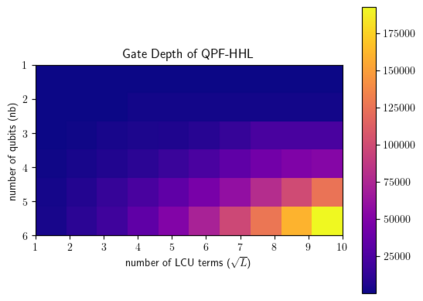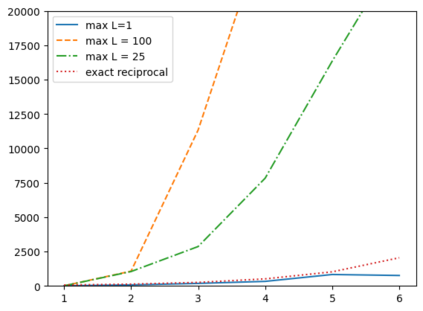Climate change is becoming one of the greatest challenges to the sustainable development of modern society. Renewable energies with low density greatly complicate the online optimization and control processes, where modern advanced computational technologies, specifically quantum computing, have significant potential to help. In this paper, we discuss applications of quantum computing algorithms toward state-of-the-art smart grid problems. We suggest potential, exponential quantum speedup by the use of the Harrow-Hassidim-Lloyd (HHL) algorithms for sparse matrix inversions in power-flow problems. However, practical implementations of the algorithm are limited by the noise of quantum circuits, the hardness of realizations of quantum random access memories (QRAM), and the depth of the required quantum circuits. We benchmark the hardware and software requirements from the state-of-the-art power-flow algorithms, including QRAM requirements from hybrid phonon-transmon systems, and explicit gate counting used in HHL for explicit realizations. We also develop near-term algorithms of power flow by variational quantum circuits and implement real experiments for 6 qubits with a truncated version of power flows.
翻译:气候变化正在成为现代社会可持续发展的最大挑战之一。 低密度可再生能源极大地使在线优化和控制进程复杂化,现代先进计算技术,特别是量子计算,有很大的帮助潜力。 在本文中,我们讨论了量子计算算算算法对最先进的智能电网问题的应用。我们建议使用哈罗-哈西迪姆-劳埃德(HHHL)算法对电力流问题中稀薄的矩阵反向进行指数性量子加速算法的可能性。然而,由于量子电路的噪音、量子随机存存(QRAM)的硬性以及所需量子电路的深度,该算法的实际实施受到了限制。我们用最先进的电流算法对硬件和软件的要求,包括混合光电流系统对QRAM的要求,以及HHL用于明确实现的明确的门数计算。我们还开发了通过变量电路流进行电力流的近期算法,并对6Qqits进行了实际实验。






